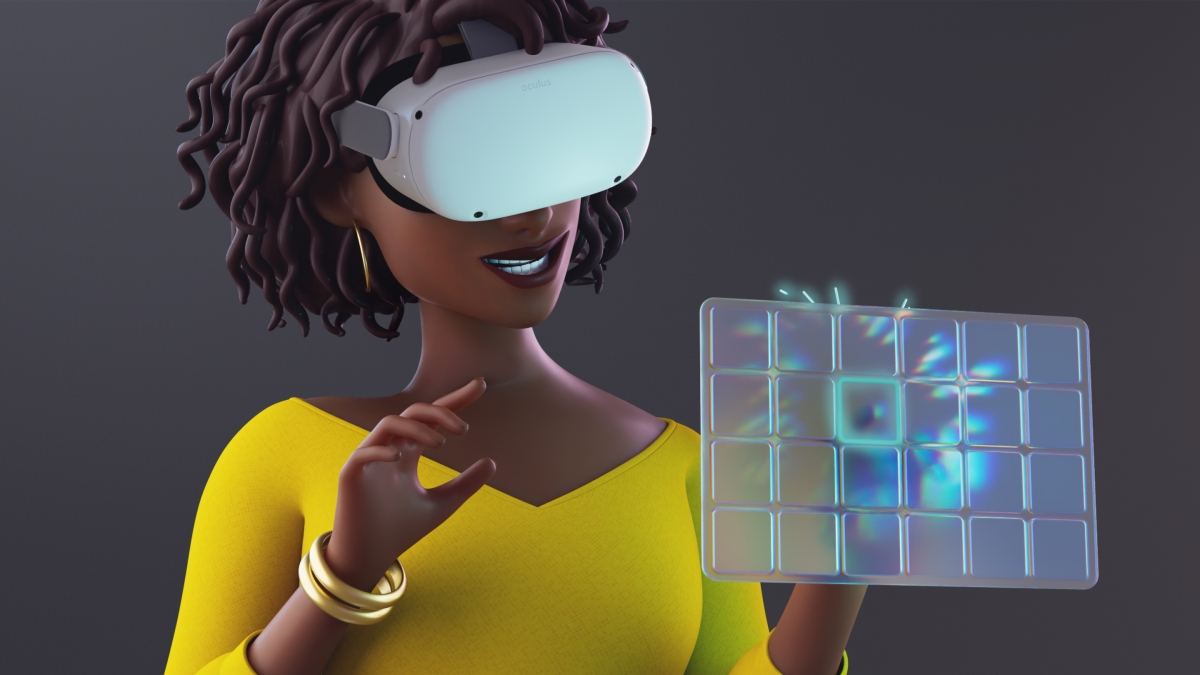Meta claims that it is acceptable for 10-year-olds to use its VR headset, possibly

Meta is set to allow children as young as 10 to use its VR headsets, the Meta Quest 2 and 3, with parental consent. The tech giant claims that there are numerous engaging and educational apps and games for kids, although the debate on the impact of VR on children’s health continues. The new parent-managed Meta accounts will require parental approval, allowing parents to control which apps their children can use and set time limits. Users can find more information in the “family center” section of their accounts. Meta states that it will use data collected from 10- to 12-year-olds to provide an age-appropriate experience, without serving ads to this age group. Parents have the option to decide whether their child’s data can be used to improve the experience and can delete their child’s account and associated data. However, it remains to be seen if Meta follows through on this promise, given past incidents of other companies saving children’s data. It is up to each parent to decide if VR is suitable for their child, as there are limited independent studies on kids using modern headsets. Meta acknowledges the potential hazards of VR, such as the weight of the helmets on small children, eye strain, and nausea, but claims no evidence of harm. The potential blurring of a child’s “reality distinctions” is mentioned as a concern. Therefore, if parents choose to allow their children to use VR, they should communicate with their child and monitor the duration and intensity of their engagement with the technology, considering the risks highlighted by Meta.
